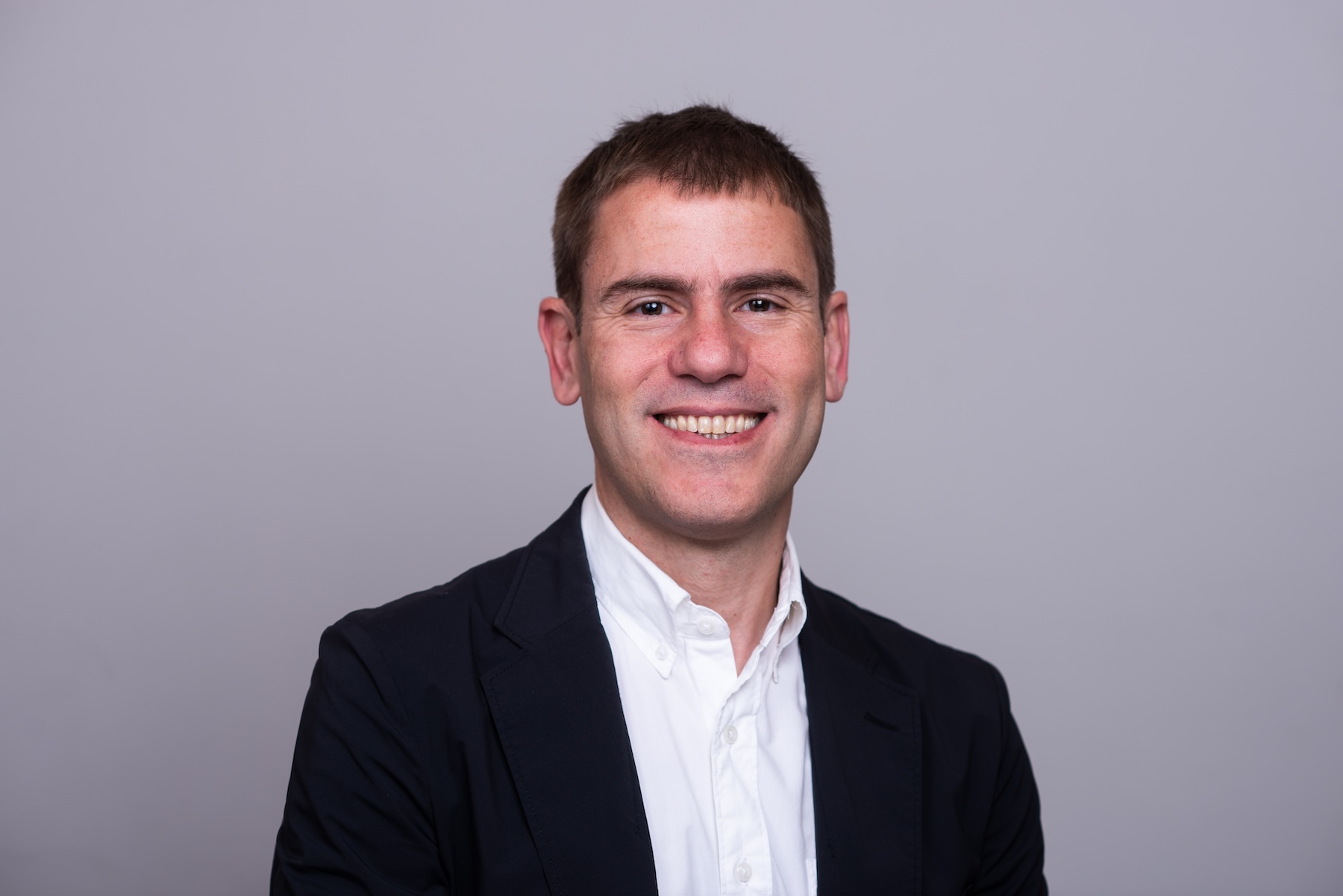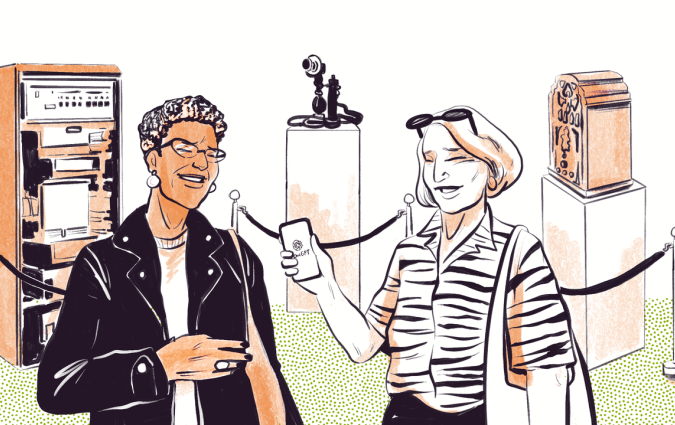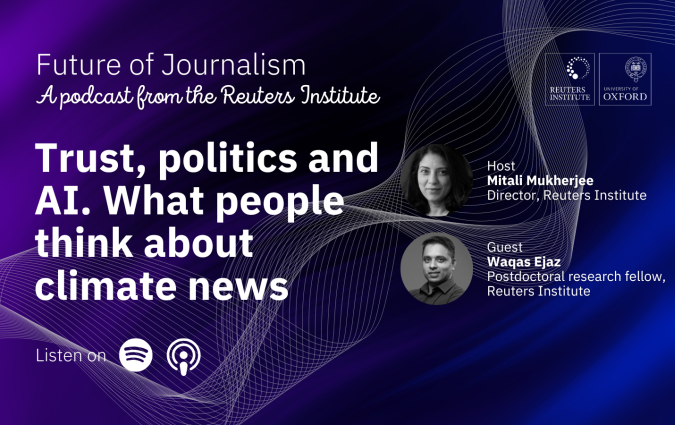Eduardo Suárez, appointed Director of Editorial of the Reuters Institute

Eduardo Suárez, Director of Editorial of the Reuters Institute for the Study of Journalism. | Credit: John Cairns
Spanish journalist Eduardo Suárez has been appointed Director of Editorial of the Reuters Institute for the Study of Journalism. He will report to Director Mitali Mukherjee and will be taking up this role with immediate effect.
Eduardo joined the Reuters Institute as Head of Communications in 2019 and he’s been part of its Senior Management Team ever since. In his enhanced new role, he will keep leading the Institute’s editorial team, will rethink the Institute’s digital strategy, and will work on a new reporting series to dive deep into some of the most pressing issues facing journalism today.
Shortly after he joined, Eduardo transformed the outlook of the Institute’s website, conceiving a new design and making our research easy to search and read on every digital device. He led our efforts to fully integrate our signature Digital News Report into the Institute’s website, oversaw the translation of the report into Spanish, and increased its visibility through new platforms and formats.
Under Eduardo’s leadership, the Reuters Institute’s digital footprint has experienced extraordinary growth. Over six years of platform resets and increasing uncertainty, traffic to the Institute’s website tripled and the number of people receiving its newsletters has multiplied by six.
Over this time, the Institute’s editorial output has grown too. With the support of former director Rasmus Nielsen, Eduardo built up a strong and talented team of reporters, and edited and published more than a thousand pieces on journalism, with a focus on issues, figures and countries often overlooked by mainstream publications.
Eduardo has authored some of those pieces himself, interviewing newsroom leaders such as A. G. Sulzberger, Alessandra Galloni and Carlos F. Chamorro, and publishing articles on news avoidance, war crimes, and the impact of Donald Trump’s presidency on press freedom in the US and journalism around the world.
Eduardo's background
Eduardo is an award-winning journalist with experience in Europe and the United States. He started his career at the Spanish newspaper El Mundo, where he worked for 14 years as an opinion writer and a foreign correspondent based in London, New York and Brussels. He covered US politics for Univision and published three non-fiction books. In 2014, he won the Gabriel García Márquez Journalism Award for a long-form story on the enduring impact of the Exxon Valdez oil spill.
He is the co-founder of two news startups (El Español and Politibot) and has written extensively about journalism and politics for El País, the Washington Post, Nieman Reports and other publications. Before joining the Institute’s team, he spent six months as a Journalist Fellow at the Institute working on a project on the rise of reader revenue models in European newspapers.
Responding to the appointment, Eduardo said: “I’m honoured to take on this new role, which combines digital strategy, editorial responsibilities and a reporting project. It’s a true privilege to lead a diverse and talented team, and to be surrounded by journalists and researchers from all over the world. I strive to approach this role with an open mind, and with a firm belief in the power of the best journalism to enlighten audiences, challenge preconceptions, and hold power to account. With the profession under threat in so many countries, the work of the Institute is more important than ever, so I’m thrilled to work with Mitali and my colleagues to increase its reach.”
Mitali Mukherjee, Director of the Reuters Institute, said: “I am so delighted that Eduardo takes on the role of Director of Editorial of the Institute. He is an outstanding colleague and an incredible force behind making our work more visible, more global and more impactful. Eduardo’s thoughtful approach to critical issues like press freedom, journalism and media innovation has been essential in shaping our editorial work. With his global experience and perspective, I am confident our work will continue to be engaging, international and extremely topical for journalists, media practitioners and the academic community.”
In every email we send you'll find original reporting, evidence-based insights, online seminars and readings curated from 100s of sources - all in 5 minutes.
- Twice a week
- More than 20,000 people receive it
- Unsubscribe any time




